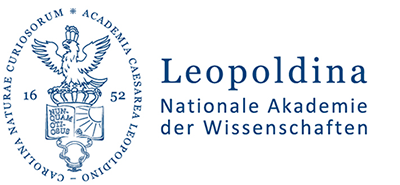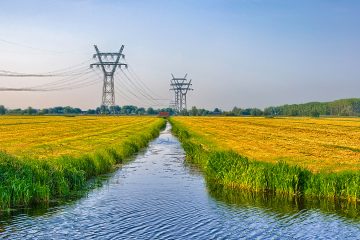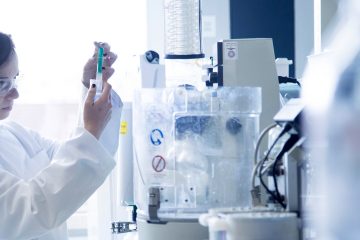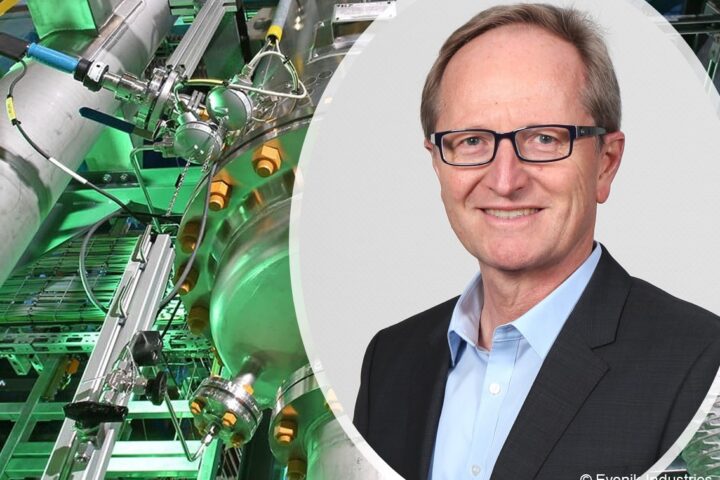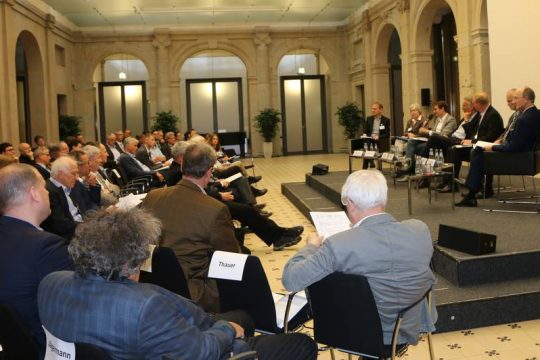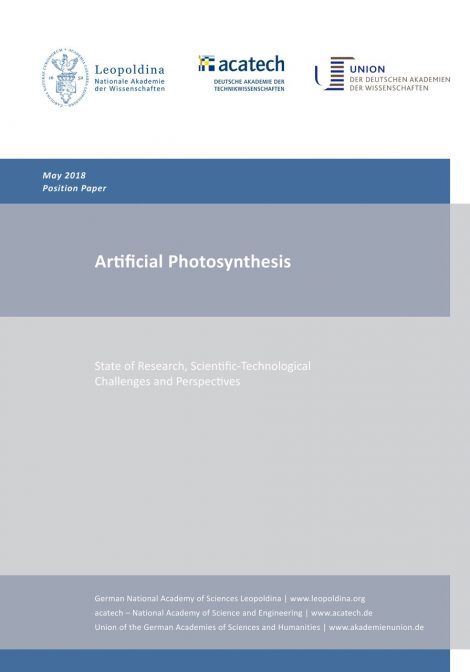Artificial Photosynthesis: latest research, scientific and technological challenges and technology futures
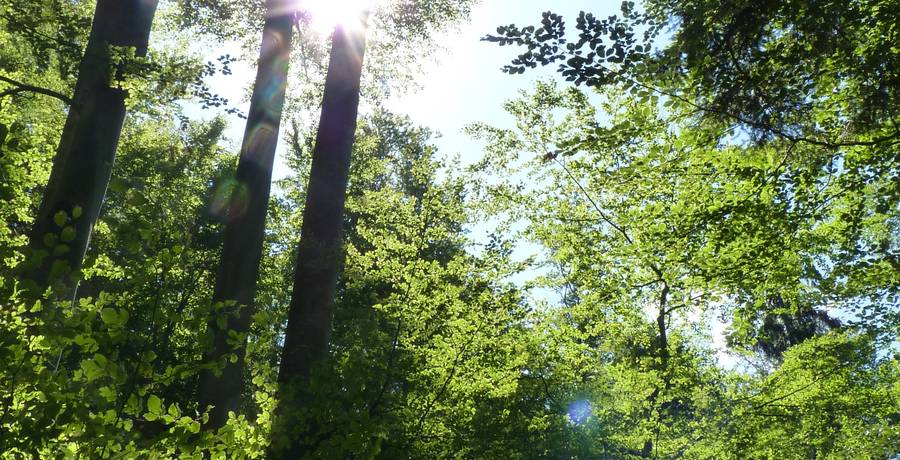
© acatech
Background and aims
Although techniques for harnessing the sun’s energy have huge potential, the associated scientific and technological challenges have yet to be resolved. A number of different approaches are being pursued in this field. Some aim to increase the efficiency of natural photosynthesis through genetic engineering or synthetic biology, while new biomimetic and carbon-based approaches are currently being explored for photovoltaics applications. This kind of bio-inspired energy research falls somewhere between biotech and nanotech. Light-dependent metal catalysis techniques, for example, involve the photocatalytic conversion of CO2 into methanol. Sunlight is absorbed and its energy used to activate CO2, in an approach that combines new catalytic processes with techniques borrowed from nanotechnology and materials research.
The aim of the project is to produce an initial overview highlighting the various research trends in this field and to establish the concrete research requirements in Germany that would make it technically feasible to deploy the technology by around 2050.
Project group members
- Prof. Dr. rer. nat. Dr. h. c. Markus Antonietti
MPI für Kolloid- und Grenzflächenforschung - Prof. Dr. Matthias Beller
Leibniz-Institut für Katalyse e. V. (Leitung) - Prof. Dr. Peter Dabrock
Universität Erlangen-Nürnberg - Prof. Dr. Holger Dau
Freie Universität Berlin - Dr. Tobias J. Erb
MPI für Terrestrische Mikrobiologie - Prof. Dr. Bärbel Friedrich
Stiftung Alfried Krupp Kolleg Greifswald - Prof. Dr. Michael Grätzel
EPFL Lausanne - Prof. Dr. Robert Huber
MPI für Biochemie - Prof. Dr.-Ing. Rupert Klein
Freie Universität Berlin - Prof. Dr. Burkhard König
Universität Regensburg - Prof. Dr. Philipp Kurz
Albert-Ludwigs-Universität Freiburg - Prof. Dr. Dr. h. c. Wolfgang Lubitz
MPI für Chemische Energiekonversion - Prof. Dr. rer. nat. habil. Bernd Müller-Röber
Universität Potsdam - Prof. Dr. Hans Peter Peters
Forschungszentrum Jülich - Prof. Dr. rer. nat. habil. Alfred Pühler
Universität Bielefeld - Prof. Dr. Bernhard Rieger
Technische Universität München - Prof. Dr. Matthias Rögner
Ruhr-Universität Bochum - Prof. Dr. Dr. h. c. mult. Rudolf K. Thauer
Max-Planck-Institut für Terrestrische Mikrobiologie - Prof. Dr. Roel van de Krol
Helmholtz-Zentrum Berlin für Materialien und Energie GmbH - Prof. Dr. Elizabeth von Hauff
Vrije Universiteit Amsterdam - Prof. Dr. rer. nat. Eicke Weber
Fraunhofer-Institut für Solare Energiesysteme ISE
Further information
Blog “Lichte Ideen” on ScieceBlogs (german)
Project “Artificial Photosynthesis – Developing Technology Futures”


